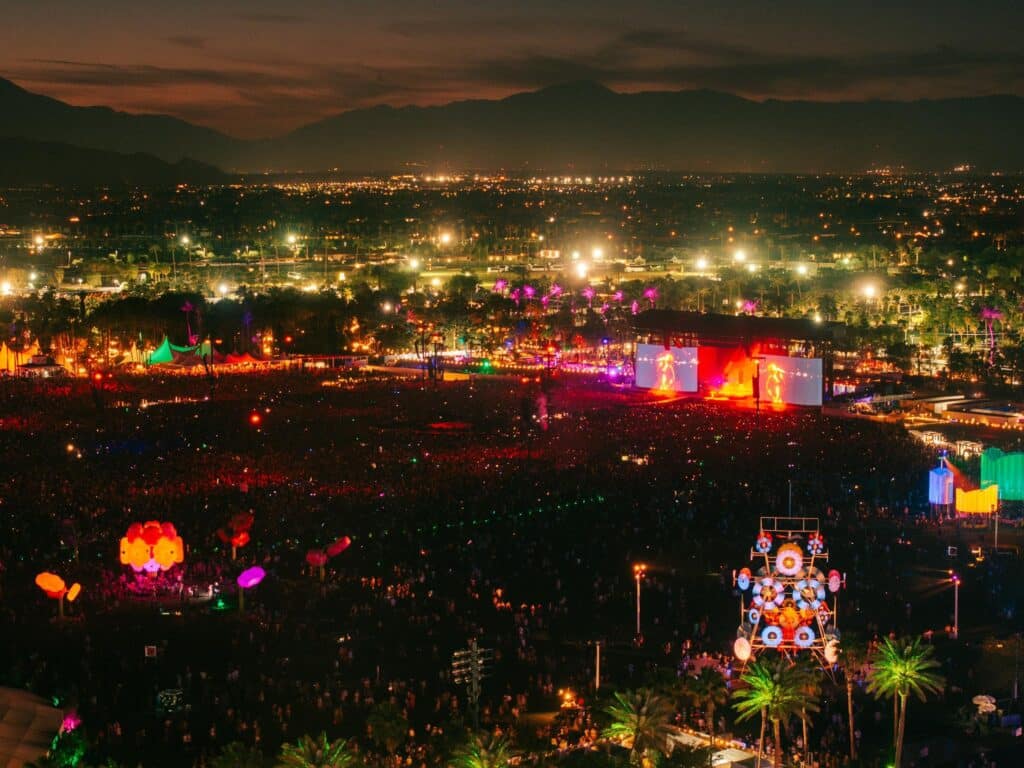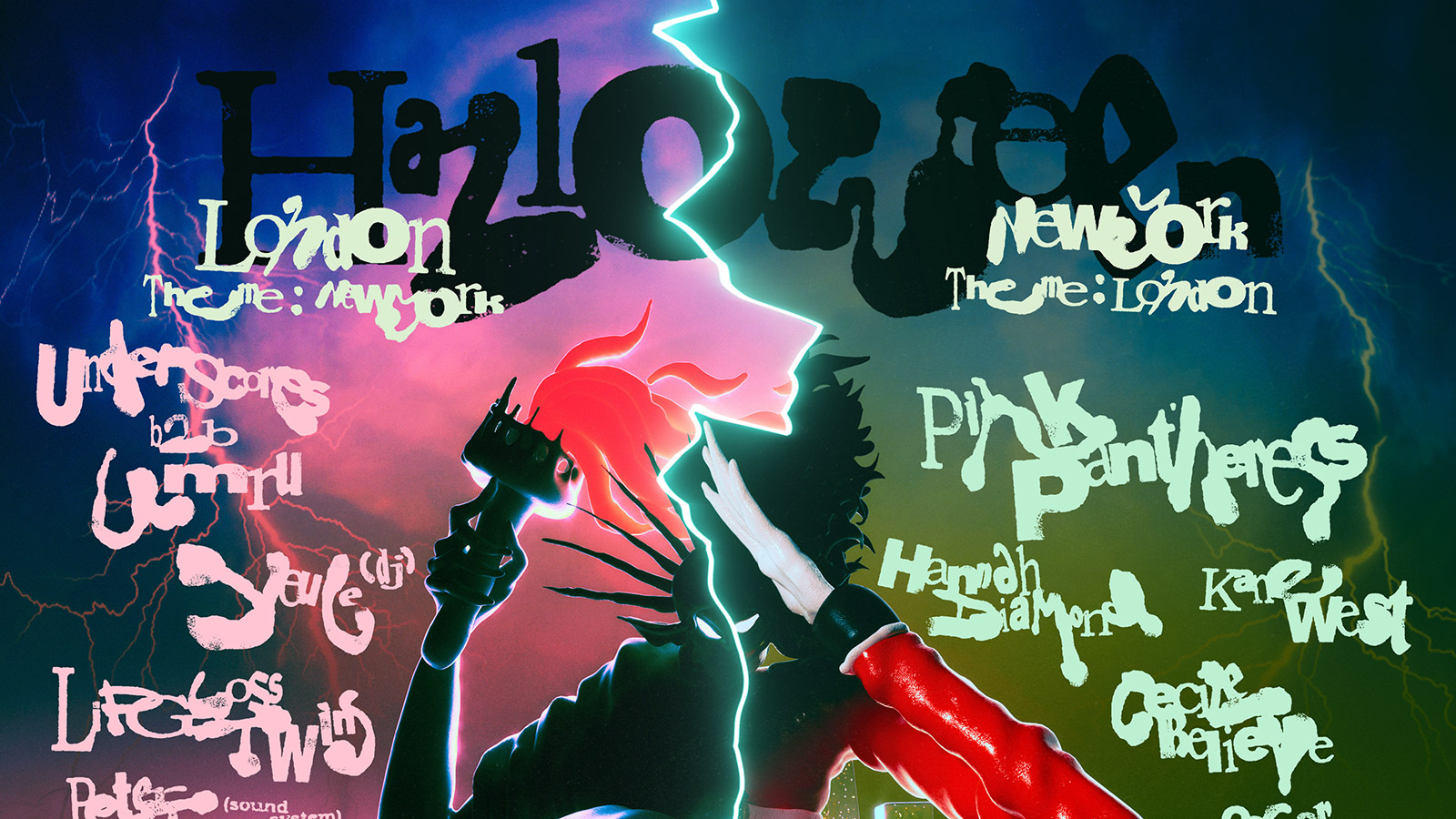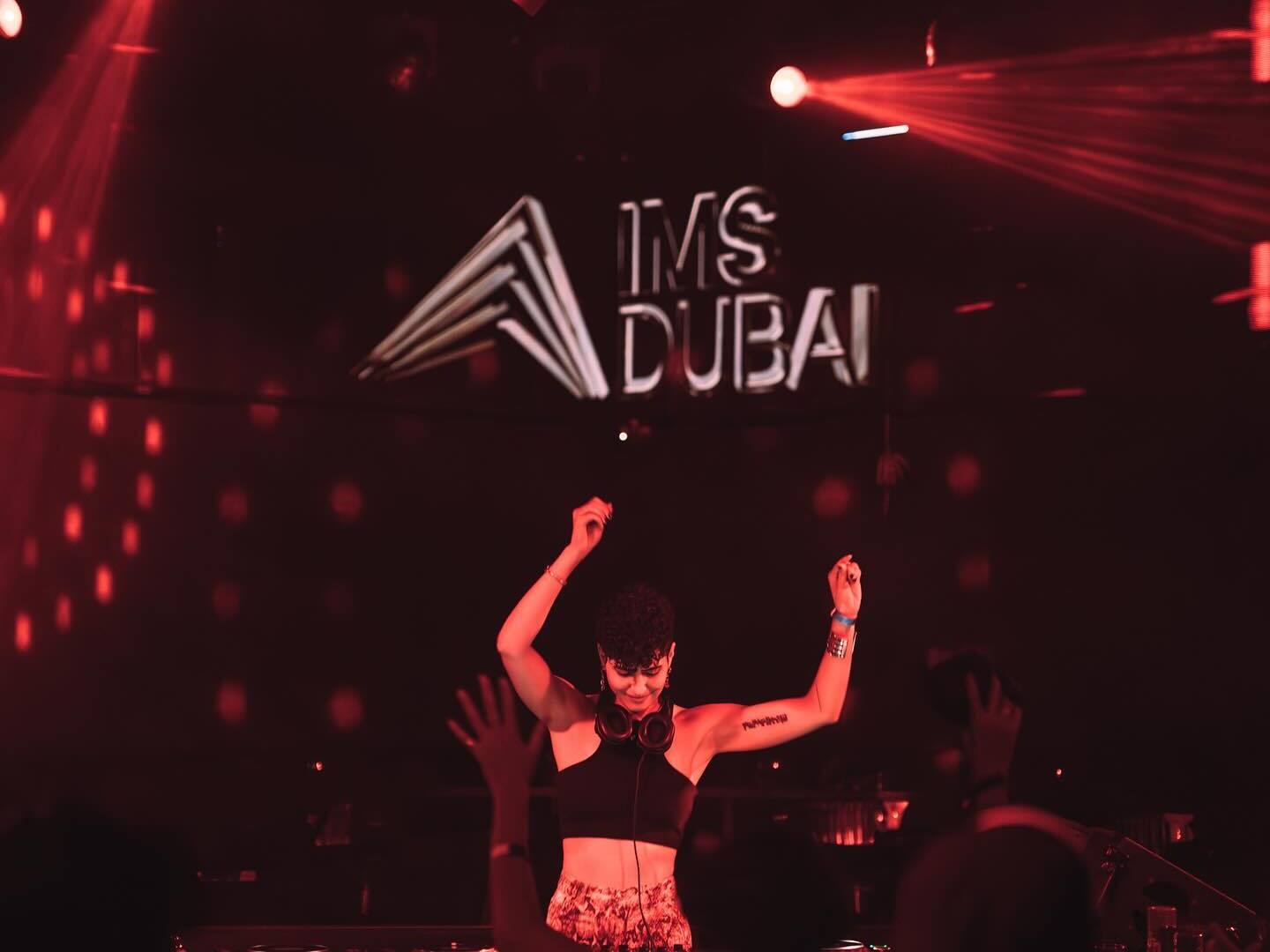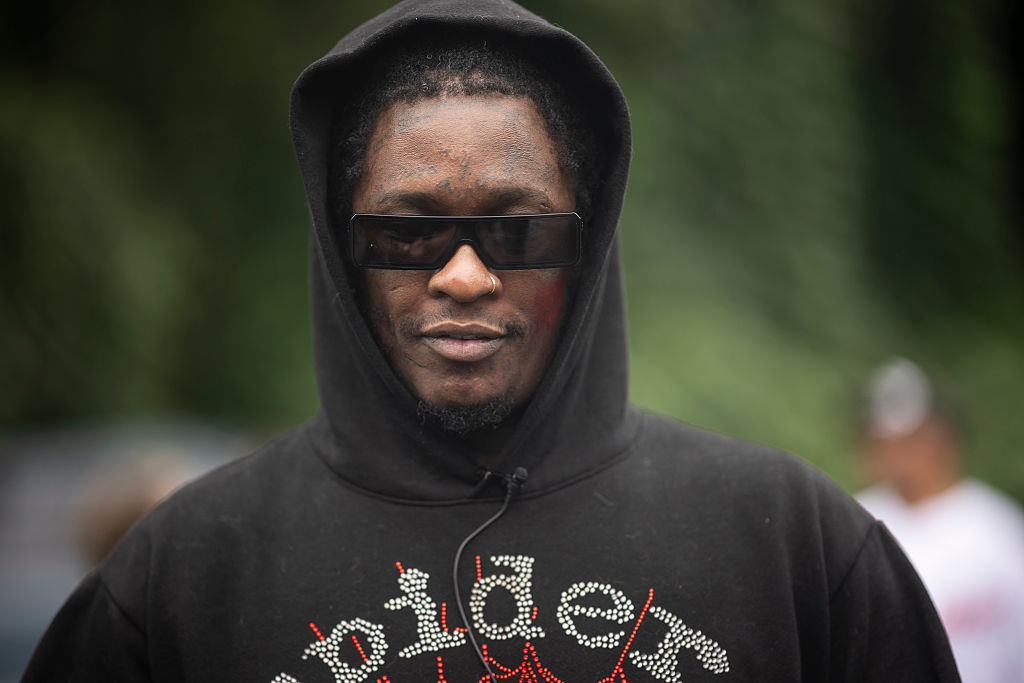
Photography by Danique van Kesteren
There’s a realism to Dutch artists. The stereotypes of bluntness and blatancy ring true, but in a refreshing way as opposed to off-putting. Robin Kester is no different.
Carrying herself with balanced, intimate energy and affection, the same goes for Kester’s third album, Dark Sky Reserve, a collection of thoughtful lyricism with warm and intentional production.
Based in Rotterdam, Kester didn’t grow up in a home full of musicians. Her foray into the world of melodic songs and layered harmonies was one of her own volition, nevertheless supported by her parents.
“I remember my dad having me listen to Kate Bush, which I really, really loved, but also a lot of classical music,” she says. “I love Tchaikovsky. It started with ‘The Dance of the Sugar Plum Fairy’ but I also remember seeing Radiohead’s ‘Knives Out’ video one time and I was like, ‘woah, what is this, this is so cool’ when I was quite young.”
Get the Best Fit take on the week in music direct to your inbox every Friday
Drawn to bolder, more romantic, and effervescent ways of storytelling, Kester had two versions of herself melding. “As a normal, typical Dutch person who grew up in the Netherlands, I am probably more like the cliché of being very direct or down to earth-y. So it’s kind of funny to have both sides present.” With a father who studied dramatic literature, it’s not entirely a surprise that she ended up on an exchange semester in Ireland and relating more to the Irish folklore repertoire than the Dutch.
Kester describes the Netherlands, in all its fairytales and storytelling, as perhaps a bit too realistic and lacking in whimsy. “Germans have a lot more drama in their stories than the Dutch,” she explains in comparison. “I definitely feel that drama in my songwriting and in how I wanna express emotions through music, that drama kind of creeps back in.”
It led as far as Kester not feeling compelled to write music in Dutch at all, a facet that is particularly intriguing if not just impressive. It’s an ode to one’s confidence; writing in a language that is not your mother tongue. “English has more words than Dutch, so maybe it’s also just a freer language,” she suggests. The thought of writing music in your second language would be considered stylistically limiting for many, but not for Kester. “There will always be this slight distance because it’s just not my native language, so I love how that opens up this new creative space where you have a bit more freedom.”

She grants part of that confidence and comfortability in English with having grown up in the Netherlands. There is no language dubbing on TV in the Netherlands, but rather subtitling, meaning that English programming – or programming in any language other than Dutch for that matter – will appear in its originally broadcasted language accompanied by subtitles in Dutch.
Despite any perceived rarity for Kester’s preference to not write in her first language, she illustrates that her feeling isn’t unique. “I’ve read a couple of interviews with Norwegian artist Jenny Hval and she also mentions how it’s freeing to write in a language which is not your native tongue because you have a kind of distance. I have so many associations with Dutch words and they can become a prison because I’m just overthinking it too much.”
Alongside Kester, there’s a growing trend of Dutch musicians finding success in the United Kingdom, albeit Dutch artists that produce music in English, examples being the bands Personal Trainer and Pip Blom. The English speaking world is still on the path to incorporating non-English music as part of mainstream or regular listening habits, but the rise of K-Pop, J-Pop, Punjabi, and Spanish music indicates that a more multi-lingual music future may not be far off.
Indulging in the gift that is her thoughtfulness, there’s a fuzziness and nostalgia that guides the listener through Kester’s latest work. It connects everything from the album photography and music videos to her lyricism, which are Kester’s paramount focus. On Dark Sky Reserve, she focuses on existential crisis, persisting depression, and the effects of new medication.
Kester’s music has long focused on her relationship with herself and with this release, she details that much of its initial creation happened at night, in one-on-one stillness that she was able to relish in, away from her inner turmoil about who she was versus who she wanted to be. “The quietness came more from my own inner critic starting to shut the fuck up,” she explains.
Speaking to choices in visual representations, they are equally motivated by moments in the dark. “I’ve been heavily inspired by dreamlike, nocturnal landscapes, water, and fragmented light. A big part of that came from a huge reservoir in the Brecon Beacons Dark Sky Reserve in Wales, which I came across while recording the album,” she says. “It had this beautiful eeriness: the sunlight bouncing off the water, almost inviting you in, and then the warning signs telling you not to swim or you’ll drown.”
Apart from her own inspirations, feelings, and observations, Kester worked with Dutch photographer Danique van Kesteren who shoots on analogue film and captured the “soft, dreamlike moods” that Kester was seeking, alongside illustrator Una Jongenelis, “whose drawings perfectly balance eeriness and dreaminess.”
“I’m such a fan of a beautiful visual world,” she explains.
Apart from the world that Kester is able to create through her music, she’s also met with a reality that she finds herself feeling increasingly ardent about. “In the Netherlands there was some research done by Buma/Stemra, which is the organisation where you register your songs and have your copyrights, things like that, and they found that the big majority of writers and producers of music – so not just singers – are still predominantly male.”

“I’ve always found something more relatable when it’s done by a woman,” she says. “There was also this research done by the Volkskrant a couple of years ago where they studied art reviews and counted how many times the word ‘genius’ was used to describe the artists and – I don’t know the exact numbers but – it was shocking how much more it was used in context about art made by males as opposed to female or non binary people.”
That reality of seeing someone who represents you succeeding, fulfilling the belief that you too can achieve it, is immediately relevant for Kester. From performing to writing to producing to playing instruments, seeing it done by other women made it a realistic possibility for her too. “I love Michelle Zauner, she’s amazing. She’s like this modern renaissance woman; writing music, writing books, directing videos. She’s just so inspiring. And St. Vincent, too. There are actually quite a lot of women at the moment who are very, very, very inspiring and also doing a lot of the technical stuff.”
With Robin Kester, it’s all of her curated pieces that are part of the larger macrocosm allowing her already compelling stories to take on a new life. Her integrity when writing, her trust in her collaborators like producer Ali Chant and musician Sam van Hoogstraten, her extended communities of musicians in the Netherlands, the UK, and further across Europe, and her trust in the other artists’ visions. She seeks not just dreamlike worlds but worlds in which the things that matter most to her are not at odds.

 3 days ago
9
3 days ago
9


















 English (US) ·
English (US) ·